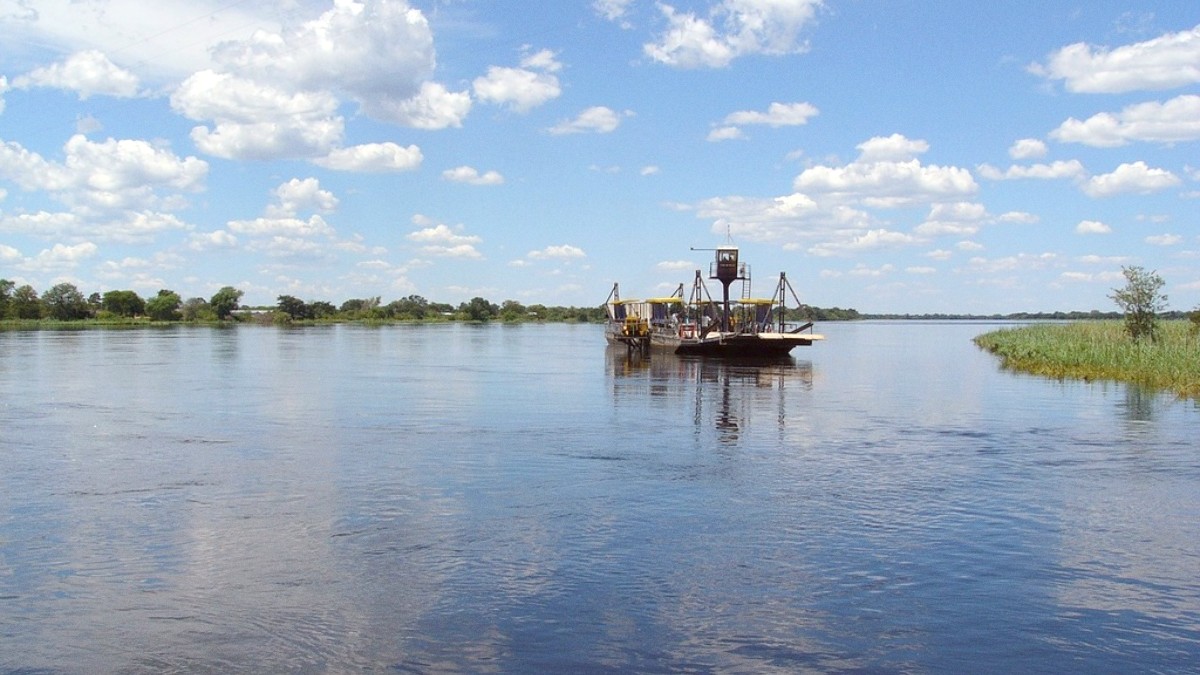
Botswana
Safari camp culinary experiences generally cater to international guests, featuring a blend of Western, European, and African-inspired dishes.
Local Botswanan cuisine, Setswana cuisine, appears in towns like Maun, reflecting the country's agricultural heritage.
Safari camp meals frequently feature fresh, high-quality ingredients, including meats and sustainably sourced game.
Flavors are generally robust but not overly spicy, utilizing international spices and fresh herbs.
No significant regional dining variations exist within the Delta; standards align with camp luxury and operational style.
Botswana's national dish: shredded beef, goat, or lamb, slow-cooked until incredibly tender, then pounded.
Often served with "pap" or "bogobe."
A thick porridge made from maize meal, sorghum, or millet. A staple carbohydrate.
Common accompaniment to meat or vegetable stews.
A fried dough bread, similar to a doughnut but savory. Can be plain, with jam, or filled with minced meat.
A popular and versatile street food item.
Limited street food options in Maun, but informal vendors sell grilled meats or vetkoek. Budget eateries in town provide affordable local meals.
Safari camps integrate international and African-inspired cuisine. Maun offers limited international choices like pizza or Indian restaurants.
Exclusively within luxury safari lodges. Multi-course meals prepared by skilled chefs, paired with wines. Settings are often elegant, sometimes under the stars.
Available in Maun. Restaurants at larger hotels or popular spots like The Old Bridge Backpackers Restaurant.
Maun has local fresh produce markets. No large, organized food halls like those in major cities. Limited options within the Delta.
Safari camps generally accommodate various dietary restrictions. Inform your operator and camp well in advance (3-4 weeks) for menu planning.
Advance notice facilitates appropriate meal preparation.
Most camps accommodate gluten-free and other specific allergies (nuts, dairy) with prior notification.
Clear communication about allergies is imperative due to remote locations.
Possible with significant advance notice and potential extra costs.
Direct communication with your safari operator or camp management.
Do not assume last-minute requests are possible.
Early notification improves dietary accommodation.
Not typical within remote Delta camps. Rare informal demonstrations may occur in Maun if requested.
Limited availability in tourist areas.
Not relevant to the remote Delta. Camps source supplies from Maun or larger towns.
Focus remains on wilderness and wildlife experiences.
Tripe stew, a local delicacy prepared with various spices. A distinctive taste for adventurous palates.
Safari camps generally offer a variety of international desserts. Expect fresh local fruits when in season.
Pack a few of your favorite non-perishable snacks.
Safari camps rely on supply chains from Maun or other larger towns.
Direct communication with your safari operator or camp management facilitates dietary needs.
Always confirm specific inclusions like drinks or laundry services for transparent budgeting.
Pre-trip clarity prevents surprises.
Carefully read deposit and cancellation policies, as they are often strict.
Travel insurance is highly recommended.
A special dinner in a scenic wilderness setting, often by a bonfire, for an immersive experience.
Traditional outdoor dining around a crackling fire in a circular enclosure, often with a barbecue and cultural performances.
Enjoy drinks and canapés at a scenic spot as the sun sets over the African landscape, a quintessential safari tradition.
Adhere to camp guidelines regarding food and water consumption, especially in remote areas.